

ECONOMY OF NEW JUABEN NORTH
Structure of the Economy Services
The structure of the economy has a larger number in the service sector which has employed about 40% of the working population. Followed by the industrial manufacturing and processing, agriculture and other economic activities. A large number of small and medium scale service enterprises have sprung up in the Municipality over the past decade mostly in the area of ICT and other business set-ups such as restaurants, hotels, hair-dressing salons, repair shops (mechanics, electricians, sprayers etc.), spare parts sales, drug/chemical stores, pharmacies, supermarkets, drinking spots, photo studios and communication centres. There exist other service providers like the banking, telecommunication and postal services.
Manufacturing and Processing
Industrial activities are mostly medium and small scale involving the production of alcohol and non-alcoholic beverages, textiles, crafts, soap making, carpentry and joinery, traditional medicine, palm and kernel oil production and beads making. The leading industrial company in the Municipality is the Ghacem.
Agriculture
Agriculture is a dominant economic activity for the rural household in the municipal, particularly crop production. Agriculture production is carried out in the small settlements and peri-urban localities. Majority of households are engaged in crop farming (80.0 %) and livestock rearing (20.0 %). Crop farming and livestock rearing are common among both rural and urban households.
Agriculture in New Juaben Municipality consists of a variety of agricultural products and is an established economic sector and provides employment on a formal and informal basis. The Municipality produces a variety of crops including yam, grains, cocoa, oil palm, kola nut, and timber.
Banking
Rural banks are the only banks that exist in the municipality. These banks include the Upper Manya Rural Bank located at Asokore and GN Bank at Akwadum leaving the other settlements in dire need of banking services. People, therefore, travel from far to access banking services in Asokore and the Koforidua in the New Juaben South.
Economically active population
The municipal has more than half of its population of 15 years and above being economically active (60%) with the remaining 40% being economically inactive. A larger proportion of the economically inactive population are students followed by the aged.
Communication
Vodafone, MTN, Airtel Tigo and Glo are the main telecommunication services providers available in the municipal. The postal services are located Effiduase, Asokore, Oyoko, Jumapo, Suhyen. Postal agencies serve the rest of the communities by receiving mails, selling postage stamps and Western Union Money Transfers. Internet services are in most parts of the municipal even though some areas have bad internet connectivity.
Income analysis
Income sources of the households are mainly from the informal sector but are unevenly distributed. With the farmers, who are in the minority enjoying a smaller proportion of the income from agriculture. Thus, income is inequitably distributed with informal sector workers making up the majority of over 80% and the rest in the informal sector.
Economic infrastructure
Markets
The municipal has various satellite markets, these are located at; Jumapo, Asikasu, Asokore, Oyoko, Akwadum and Effiduase. With the exception of Jumapo which has its market day on Fridays, the rest of the markets are on daily basis.
Commodity inflows: commodities such as vegetables, grains and other crops flows from the surrounding communities, nearby districts and neighboring countries like Burkina Faso and Commodity outflows: Cassava dough, vegetables (cabbage), palm oil and … are few commodities that flow from the municipality to Togo, Tema, Ashiaman and other regions.
Lorry parks
Unfortunately, the municipality has no designated lorry park for the transport of passengers and goods. However, there are some few taxi stations at Jumapo, Pipe line and Effiduase that transport commuters to the main station at Koforidua and other surrounding communities. There is therefore the need to acquire lands for these developments to ease the traffic congestion towards Koforidua and as well improve revenue of the the NJNMA.
Revenue and Expenditure Status
The Assembly’s funding sources are mainly IGF and DACF, this is because it is newly created hence hasn’t been assessed to benefit from DDF and UDG like other assemblies. Additionally, the IGF sources are property rates, fees and fines, licences, lands and royalties and rents. The bulk of the assemblies internally generated revenues are from property rates followed by licences and fees.
The assembly has employed a number of strategies to improve its internally generated revenue base, the major ones are the valuation of properties and street naming and property numbering.
LOCAL ECONOMIC DEVELOPMENT
Local economic development according to Ghana’s national decentralization policy (2010), is the process by which local governments, local businesses and other actors outside the locality join forces and resources to enter into new partnership arrangements with each other or other stakeholders to create new jobs and stimulate economic activities.
Policies to promote job creation, the establishment of local industries and the facilitation of intra and inter district trade as well as strengthening the competitiveness of the local private sector are all part of the mandate of MMDAs in the area of economic development.
The NJNMA has over the years made significant efforts at reducing poverty and improving the lives of its citizenry. In spite of the progress made in tackling poverty, citizens are still faced with high levels of poverty, and unemployment. At the same time, there are challenges in meeting the needs of the people mostly due to lack of resources.
Addressing these situations requires a new approach to development that focuses on fully harnessing the economic potentials and resources of the local areas for job creation and consequently improved living standards. The Government’s flagship programmes such as ‘’One District, One Factory’’, One District One Warehouse, Planting for Food and Jobs, DCACT among others are all geared towards the use of local resources for local development.
The NJNMA therefore would promote policies and interventions to promote the establishment of SMEs as a base for industrial development. Some of the bottlenecks in achieving this objective are;
· Poor local level capacity and commitment to provide leadership and direction in policy making (by-laws and processes to regulate/reduce the cost of doing business and maximize the involvement of people in the local economy.
· Weak capacity and commitment to respond timely to local entrepreneurs and practical efforts at promoting LED.
· Inadequate resource base for LED
· Weak private sector to engage public sector for LED
· Poor entrepreneurial culture among citizens
· Poor and inadequate infrastructure such as roads, water, power etc.
· Absence of adequate economic growth strategies
· Informal nature of businesses
· Poor access to finance
· Limited training
· Poor enabling environment
· Limited access to post-production infrastructure (i.e storage, processing, transport etc)
Implication for Development – LED
Promoting LED activities in the municipal area would lead to job creation, thereby decreasing the unemployment issues.
Increases in job opportunities will as well increase the revenue of the assembly and the country at large.
However, when promoting LED activities especially those in the extractive states such as sand winning, stone quarrying, fishing, etc without recourse to protecting the environment degrades the natural resources.
Development Implications- Economy
· The service sector makes a significant contribution to economic growth and job creation.
· The tourism sector if developed would increase the assembly’s revenue and create job opportunities.
· Increase in tourist arrival has also got negative implications as it could lead to increases in HIV/AIDs.
· Access financial services contribute to poverty reduction by enabling households strengthens their livelihoods in investing
in enterprises.
· Presence of Lorry Parks and Markets stimulates economic activities and creates jobs.
· Creating a lorry park will make the municipal a preference of most commuters. This is because the lorry park in the
neighbouring municipal capital (Koforidua) is congested with heavy traffic on the road.
· Strategies to improve IGF will reduce the reliance on central government funds for infrastructure, thereby increasing
infrastructure development.
· ICT contributes to faster growth and better economic performance and reduces transaction cost.
Date Created : 3/27/2019 4:38:30 AM


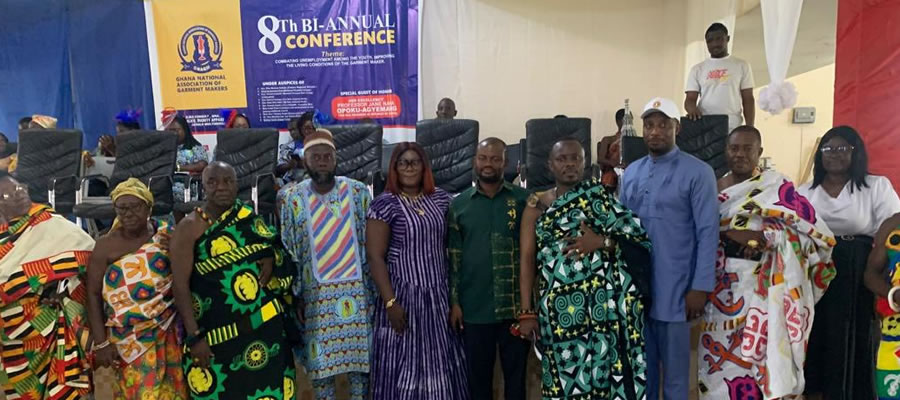
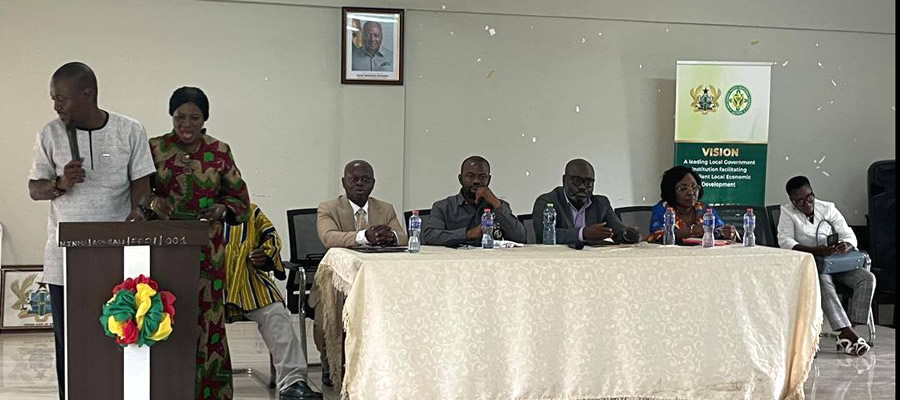
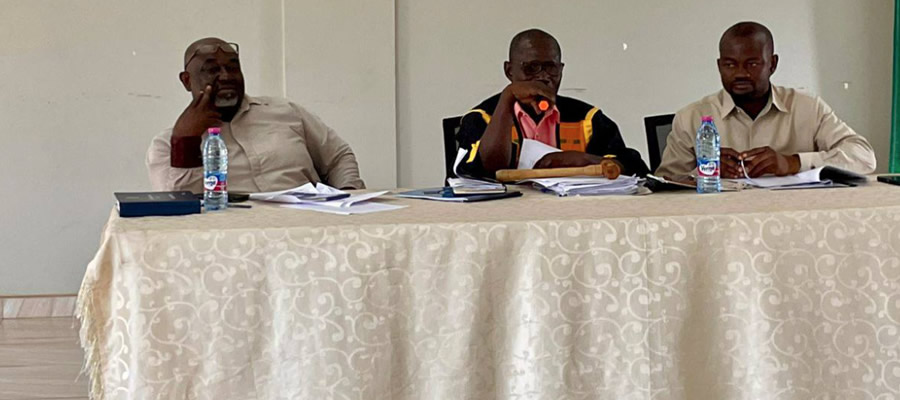
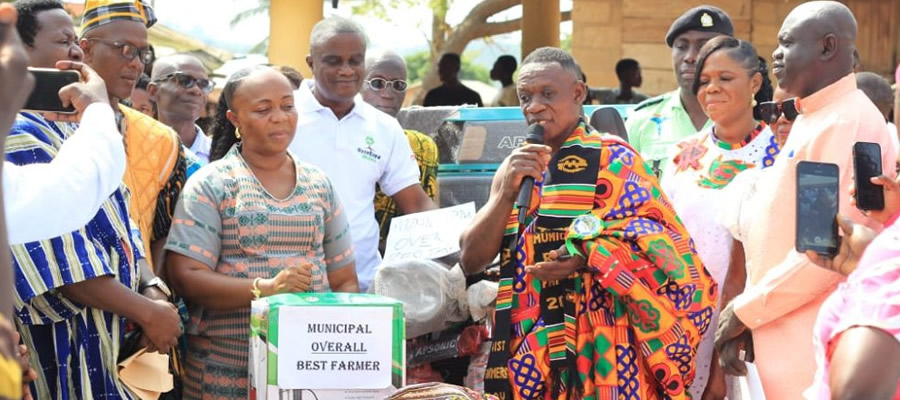
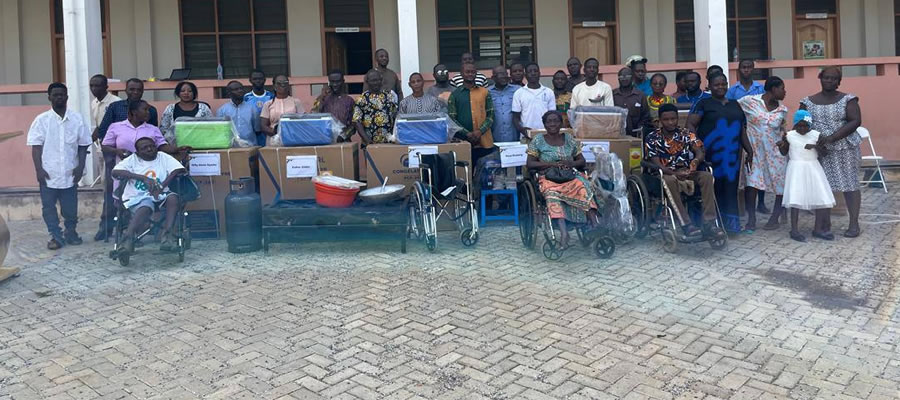
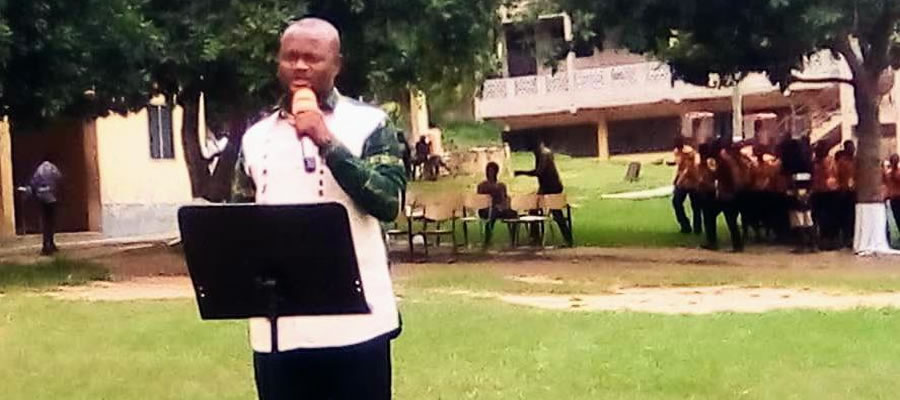



 facebook
facebook
 X
X
 Youtube
Youtube
 instagram
instagram
 +233 593 831 280
+233 593 831 280 0800 430 430
0800 430 430 GPS: GE-231-4383
GPS: GE-231-4383 info@ghanadistricts.com
info@ghanadistricts.com Box GP1044, Accra, Ghana
Box GP1044, Accra, Ghana